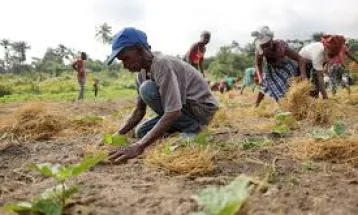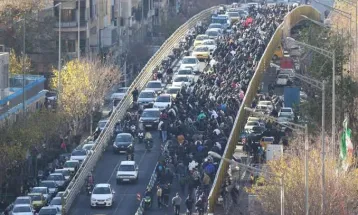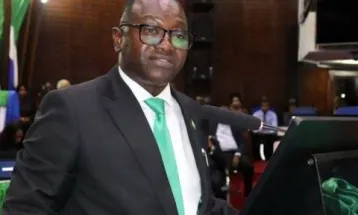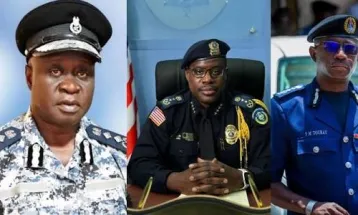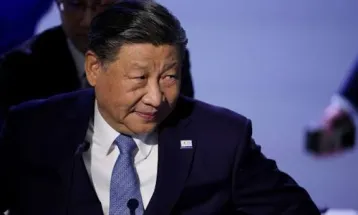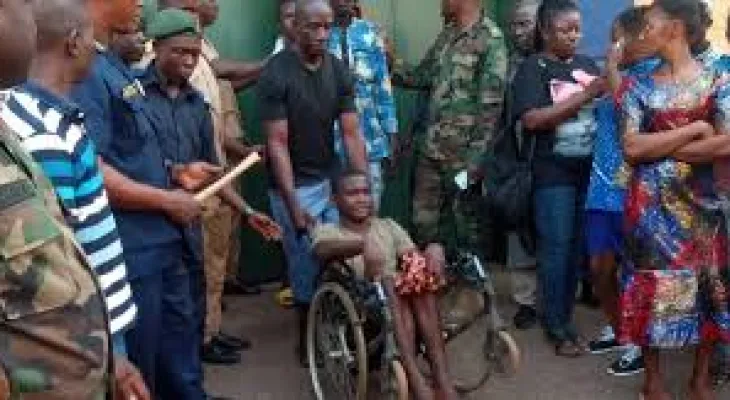
"Released Inmate Faces Harsh Reality: Paralyzed After Eight Years, Sparking Questions on Prison Conditions"
Alusine Kamara's release from Pademba Road prison on January 1st, 2024, under the President's New Year's pardon, was anticipated to be a moment of joy and freedom after eight years of incarceration for conspiracy charges. However, the stark reality that accompanied his release cast a shadow over the celebration – Kamara emerged from prison paralyzed, confined to a wheelchair.
The toll of eight years behind bars had inflicted severe damage on Kamara's health, leaving him with a disability that now makes basic movement a formidable challenge. In a poignant moment, Kamara, speaking from his wheelchair, reflected on his journey, stating, "I was a complete human, but today I am unable to walk. But thanks to God Almighty, I am now a free man. I pray to get back on my feet because, with freedom, I will be able to seek better medication."
Kamara's narrative unveils distressing questions about the conditions within Sierra Leone's prisons and the lasting repercussions on inmates' health. According to him, his paralysis manifested after five years of incarceration, coinciding with reports of a nervous breakdown he experienced while behind bars.
Despite the physical and emotional burdens he now carries, Kamara remains optimistic. Expressing gratitude for the President's pardon, he sees a glimmer of hope in the prospect of accessing better medical care outside prison walls. His personal ordeal serves as a poignant reminder of the profound human cost of incarceration, particularly for those whose health deteriorates within the confines of the system.
The New Year's Day mass pardon witnessed the release of 352 inmates across Sierra Leone, including high-profile musician Alhaji Amadu Bah (Boss La). While Kamara's case sheds light on the potential adverse effects of prolonged incarceration, the broader context of the pardons offers hope for rehabilitation and reintegration into society.
The immediate concern now is whether Kamara will receive the necessary medical support to regain mobility. Regardless of the outcome, his story stands as a powerful testament to the indomitable human spirit and the inherent desire for freedom, even in the face of immense physical and emotional adversity.
In reflecting on Kamara's case, there arises a need for a comprehensive examination of prison conditions and their impact on inmates' well-being. The story prompts discussions on the reforms required within the correctional system to ensure the humane treatment and rehabilitation of those in custody. As Sierra Leone grapples with these challenges, Kamara's journey symbolizes resilience and the quest for a second chance at life beyond the prison walls.

